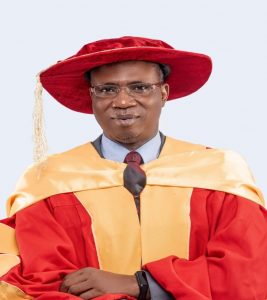
The Faculty of Social Sciences traces its genealogy to the defunct Institute of Foundation Studies (IFS). It would be recalled that the IFS was the home of foundational courses in Humanities and Social Sciences.
With the upgrading of the university to a conventional one in 2017, it became expedient for courses that fall within the purview of phatic and ethnographic configurations to be integrated into the general programme bouquet of the university.
In line with the emerging dynamics, the then Director of IFS, Rev. (Mother) Prof. M. P. Eboh, at the 243rd Regular Senate Meeting held on the 27th July 2017, requested that the institute be converted to the Faculty of Humanities.
The Curriculum and Instruction Committee (C&I), as headed then by Prof. (Mrs.) O. A. Davies, considered extensively the directive of Senate and recommended the evolution of two faculties – Humanities and Social Sciences – from the Institute of Foundation Studies. The initial consideration was to have all the programme strands, highlighted above, come under a condensation. This perhaps may have informed the Senate directive at its 244th Regular meeting held on 28th September 2017.
The directive states inter-alia that:
Senate after due deliberation directed C&I to consider social sciences as well and decide whether the proposed Faculty should be named Faculty of Humanities and Social Sciences.
Consequently, the Curriculum and Instruction Committee recommended, after due deliberations, the establishment of the two faculties as earlier proposed, with a mandate to review the curricula of the programme to be domiciled therein.
The exercise above was completed within a considerable time frame with recommendations bordering on the establishment of the under listed programmes/departments to be domiciled in the Faculty of Social Sciences: